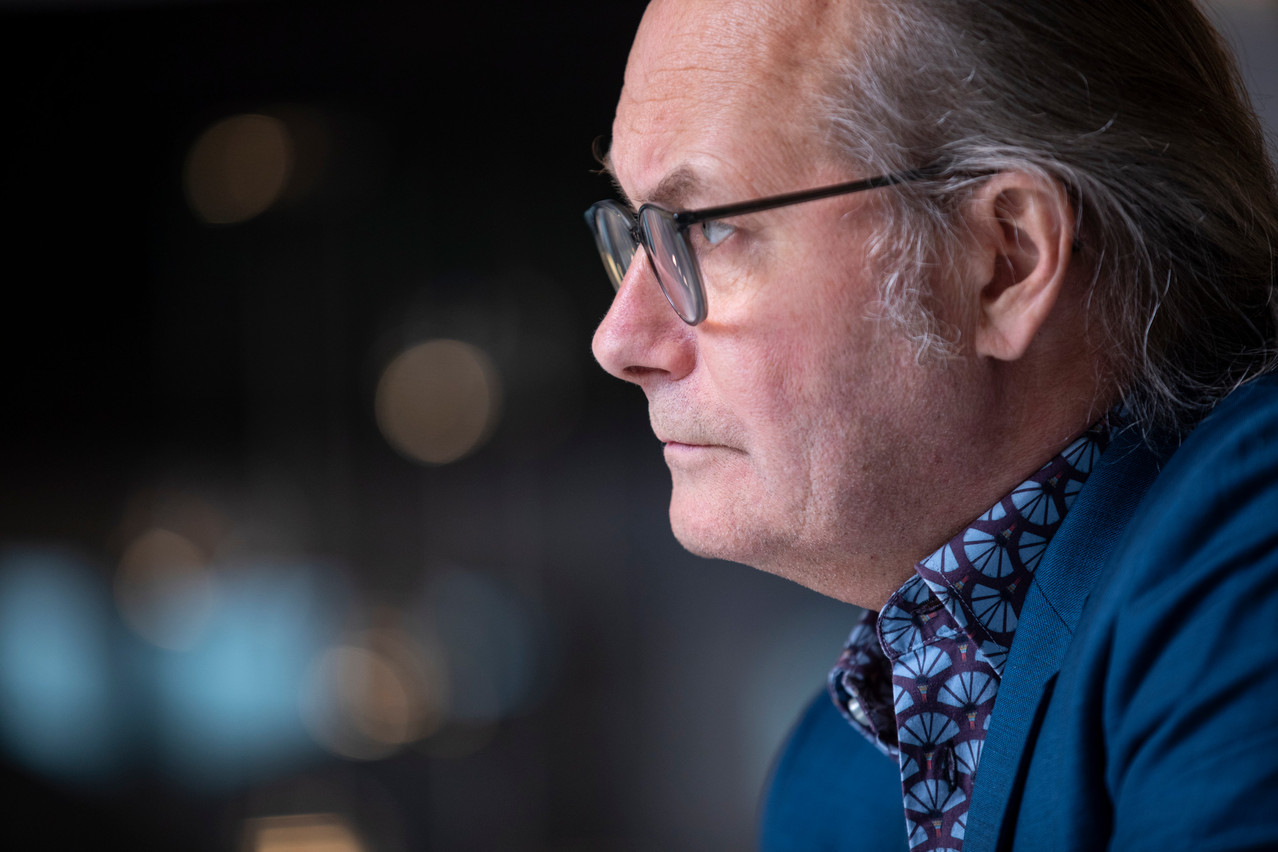Finding a solution to the competition
“In this very moment, there is a bit of a race, especially from industry consumers, to say to governments: ‘Give me money because someone else in Europe is outcompeting me!’ We have to stop that race. My message today is also that the EU commission needs a new temporary crisis framework,” said in a doorstep interview ahead of the meeting.
The meeting in Brussels will serve to find an agreement on several proposals to curb the impact of the energy crisis on households, industries and the EU’s economy. Ministers will have to agree on a proposal prepared by the commission.
In the document, the commission suggests reducing the demand for electricity by 10% on a voluntary basis as well as a mandatory reduction of 5% during peak hours. A few weeks ago, the , which sought to battle the gas shortage this winter by cutting usage and demand by 15% between October 2022 and April 2023.
Read also
In addition, a windfall tax on non-gas electricity producers has been suggested, meaning that those who generate energy for a lesser cost will be taxed on the excess revenue they amass at this moment of crisis. This would concern wind, solar, geothermal and nuclear energy, biomass, oil and oil products, and hydroelectricity. The levy would be collected by member states and redirected to households and companies.
Lastly, the proposal wants to tax companies in the fossil fuel industry on their excess revenues for 2022, as they would have benefited from the current hike in the cost of energy.
LNG, gas purchasing platform, price revisions
But the EU-wide cap on gas prices----has not been included in the document. Turmes on this subject commented that “a wholesale market cap has risks”, in part due to the difficulty of managing the system. Instead, Turmes suggests sitting down with Norway, the EU’s main gas supplier--to review the cost of gas.
He said that the EU and US must discuss the delivery of liquefied natural gas (LNG): “The US has to show solidarity with us by sending us LNG massively, at a price that isn’t pushing us into economic recess.” Then, the EU should talk with Korea and Japan to make sure there isn’t any issue with competing for LNG, he added.
Lastly, Turmes insisted on the importance of developing a gas purchasing platform based on the gas storage filling of the upcoming year. But this would require the involvement of big EU gas buyers like Italy, Germany, France, Austria and the Netherlands.
Ultimately, though, Turmes seems positive about the potential outcome of the extraordinary energy meeting: “I have full trust in commissioner [Margrethe] Vestager [the commissioner for competition] that she will put an end to this insane race from different governments to outcompete other governments in such difficult times in Europe. That’s the next step here: to get more solidarity and to stop this in-fighting among us.”
